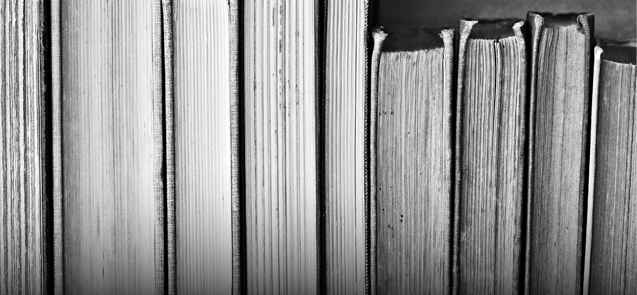Abstract
New products, services and ideas are often evaluated more favourably than similar but older items. Although several explanations exist, we identify an overlooked asymmetry in information about new and old items that emerges when people seek positive experiences and learn about the qualities of (noisy) alternatives by experiencing them. We analyse a simple learning model and demonstrate that in such settings most people will tend to evaluate a new alternative more positively than an older alternative with the same payoff distribution. The reason is that, when people seek positive experiences and thus avoid selecting alternatives that led to poor payoffs again, this precludes additional feedback on their qualities. Negative quality estimates, even when caused by noise thus tend to persist. This negative bias takes time to develop, and affects old alternatives more strongly than similar but newer alternatives. An experimental study with 769 participants supports the predictions of our model.
Gaël Le Mens is an Associate Professor of Economics and Business and at Pompeu Fabra University. He holds a PhD from the Stanford Graduate School of Business, Stanford, USA. His research focuses on learning by individuals and organizations, and the dynamics of collective judgments and behavior. His work has been published in top international scientific journals such as Psychological Review, the Proceedings of the National Academy of Science of the USA (PNAS), Cognition, Behavioral and Brain Sciences, and Administrative Science Quarterly. Popular accounts have appeared in the New York Times, the Times (London), WSJ.com, FT.com, USA Today, ABCNews.com, Focus and other in-print and online periodicals. Gael Le Mens teaches Organizational Behavior at the Barcelona School of Management-UPF.
Yaakov Kareev, The Hebrew University of Jerusalem.
Avrahami Judith, The Hebrew University of Jerusalem.




